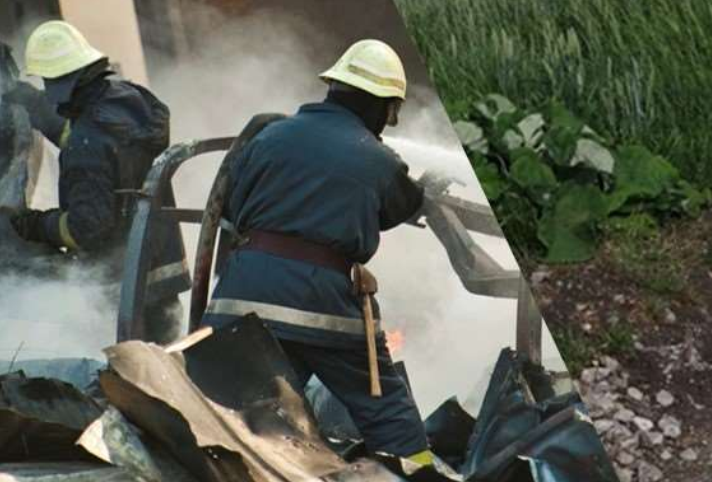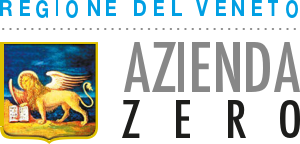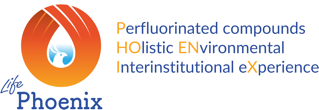The LIFE PHOENIX Project at the International PFAS Conference in Berlin. November 30 - December 1. - Life Phoenix

The LIFE PHOENIX Project will be presented at the International PFAS Conference in Berlin ("PFAS - Dealing with contaminants of emerging concern"), jointly organized by the Federal Ministry for the Environment (BMU) and the German Environment Agency (UBA) and planned from November 30th to December 1st.
Veneto Region, in collaboration with Viveracqua Consortium, which groups together most of the management bodies of the integrated water services in the region, and the National Institute of Health, will provide a contribution on the subject, illustrating the case of the contamination that occurred in its own territory via the report "The PFAS contamination to aquifers of central Veneto Region" (speakers Dr. Gisella Pitter and Eng. Paolo Ronco).
A part of this intervention will concern the actions and results of LIFE PHOENIX, a project which aims to implement a governance model for emergencies from environmental pollution, with particular reference to mobile and persistent substances, such as Pfas, which affect various territories of the European Union.
With this report, the Veneto Region and its partners intend to illustrate to the audience the ways in which the case management of pollution from per-fluoroalkyl substances (Pfas) was conducted, starting from 2013 when this serious contamination became known. The methodological approach adopted by the Region in dealing with the emergency will then be proposed; approach in which the multi-disciplinary and inter-institutional aspects stand out specifically.
The Pfas and emerging pollutants issue, a key-theme at the Berlin International Conference, is at the heart of the European policy for the environment, especially as regarding the new Green Deal strategy, a set of initiatives developed by the European Commission in order to achieve climate neutrality in Europe by 2050 and to reduce pollution through a series of targeted actions in various sectors currently impacting on the ecosystem.
Questo sito fa uso di cookie (tecnici e analitici ad essi assimilabili) per migliorare l'esperienza di navigazione degli utenti e per raccogliere informazioni sull'utilizzo del sito stesso. Oltre ai precedenti il presente sito contiene componenti di terze parti (Facebook, Twitter, Google) che utilizzano cookie di profilazione a scopi pubblicitari per i quali e' necessario prestre il consenso. Proseguendo nella navigazione nel sito si accetta l'uso di tutti i cookie di terze parti precedentemente elencati.

